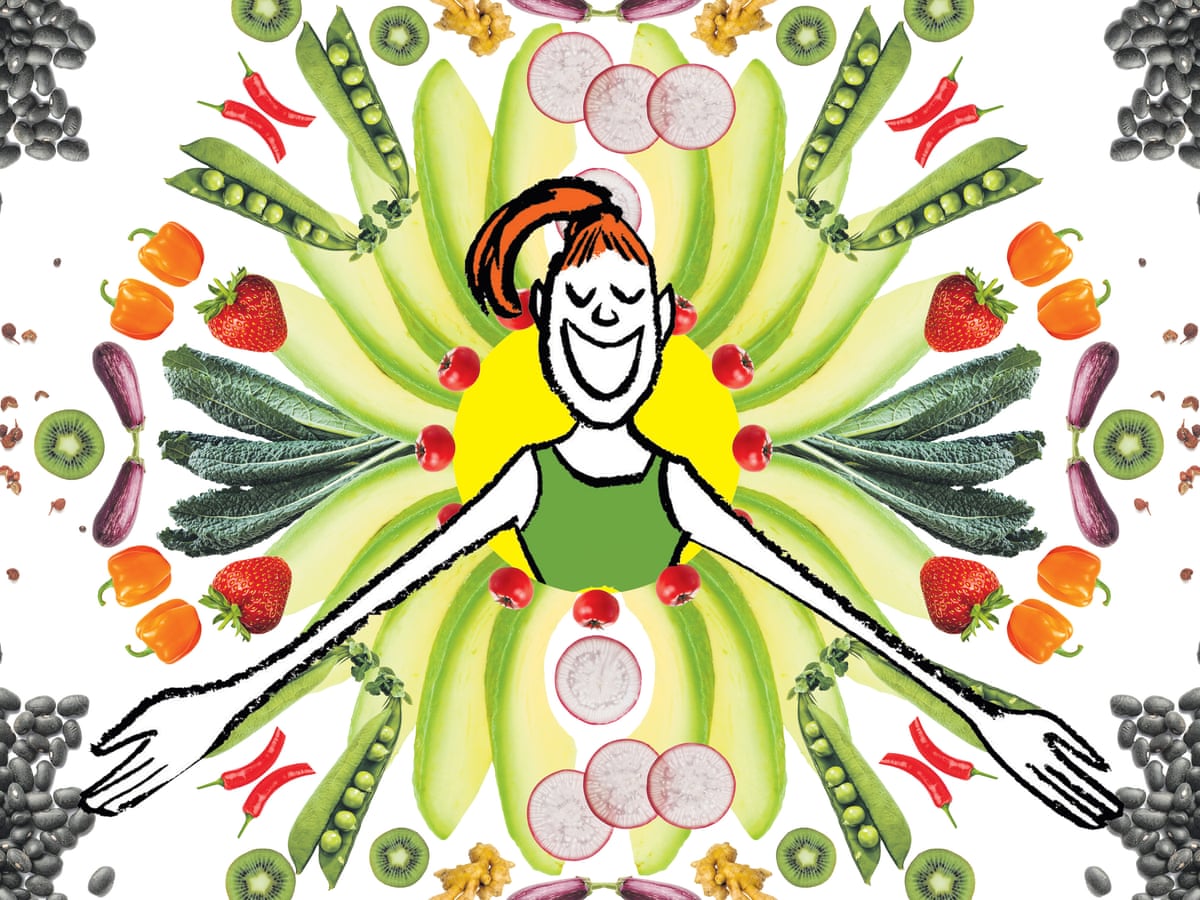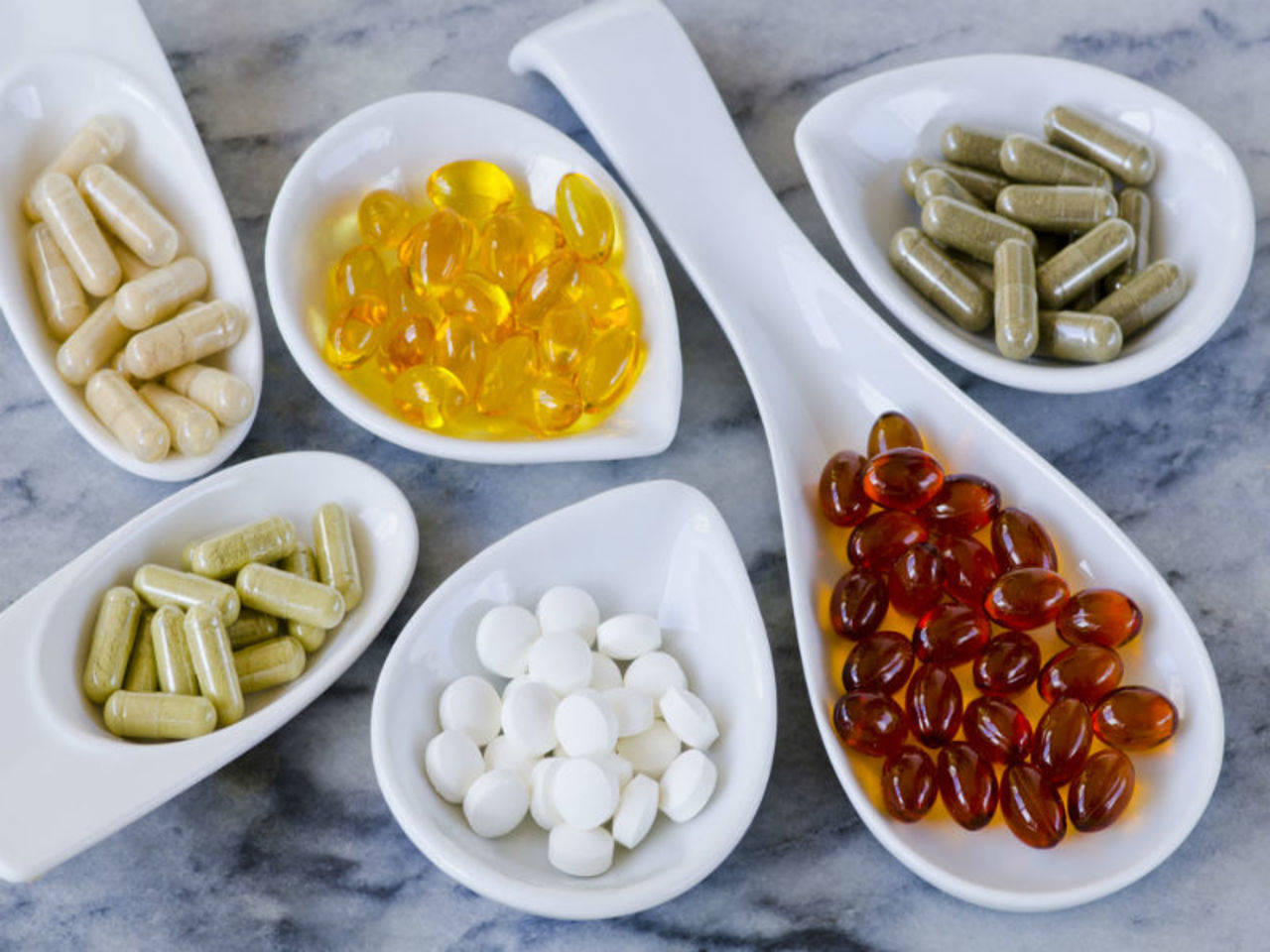As the popularity of vegetarian and vegan lifestyles continues to grow, so does the awareness of the importance of well-planned, plant-powered nutrition. Adopting a plant-based diet offers numerous health benefits, but it also requires careful consideration to ensure essential nutrients are adequately obtained. In this article, we'll explore the key components of nutrition for vegetarians and vegans, offering insights into meeting dietary needs and fostering optimal well-being on a plant-based journey.
Essential Nutrients for Vegetarians and Vegans:
- Protein:
- While animal products are traditional protein sources, plant-based alternatives abound. Incorporate a variety of protein-rich foods such as legumes (beans, lentils), tofu, tempeh, quinoa, nuts, and seeds into your diet to ensure you receive all essential amino acids.
- Iron:
- Plant-based iron (non-heme iron) is found in foods like lentils, beans, tofu, and dark leafy greens. To enhance iron absorption, pair iron-rich foods with vitamin C sources like citrus fruits, berries, or bell peppers.
- Calcium:
- Dairy-free sources of calcium include fortified plant milks (soy, almond, oat), tofu, leafy greens (kale, bok choy), and almonds. Ensure you meet your daily calcium needs for bone health and overall well-being.
- Vitamin B12:
- Vitamin B12 is primarily found in animal products, so it's crucial for vegetarians and vegans to obtain it through fortified foods or supplements. Nutritional yeast, plant-based milk, and B12 supplements are common sources.
- Omega-3 Fatty Acids:
- Include plant-based sources of omega-3s, such as flaxseeds, chia seeds, hemp seeds, and walnuts, to support heart health and brain function. Consider algae-based omega-3 supplements for an additional boost.
- Zinc:
- Plant-based zinc sources include legumes, nuts, seeds, and whole grains. Ensuring adequate zinc intake is essential for immune function and overall health.
Meeting Caloric and Protein Needs:
- Balanced Meals:
- Create well-balanced meals that include a variety of whole foods, combining grains, legumes, vegetables, and healthy fats. This ensures a diverse nutrient intake.
- Protein-Rich Snacks:
- Incorporate protein-rich snacks such as hummus with veggies, nut butter on whole-grain toast, or a handful of nuts to maintain energy levels and support muscle health.
- Explore Plant-Based Proteins:
- Experiment with different plant-based protein sources to keep meals exciting and ensure a variety of nutrients. Try seitan, edamame, hemp seeds, and other less common options.
Optimizing Nutrient Absorption:
- Combine Iron-Rich Foods with Vitamin C:
- Enhance iron absorption by combining iron-rich plant foods with vitamin C sources. For example, pair lentils with tomatoes or consume a citrus salad with dark leafy greens.
- Soak and Sprout Grains and Legumes:
- Soaking and sprouting grains and legumes can improve nutrient absorption by reducing anti-nutrients like phytates that can hinder the absorption of minerals.
- Diversify Your Plate:
- Aim for a diverse range of fruits, vegetables, whole grains, and legumes to ensure a broad spectrum of nutrients. Each plant food brings a unique set of vitamins, minerals, and antioxidants.
Supplementation Considerations:
- Vitamin B12:
- Since vitamin B12 is primarily found in animal products, vegetarians and vegans should consider B12 supplements or fortified foods to meet their needs.
- Vitamin D:
- Depending on sun exposure and dietary intake, vitamin D supplementation may be necessary for some individuals. Consult with a healthcare professional for personalized advice.
- Omega-3 Fatty Acids:
- Algae-based omega-3 supplements provide a plant-based alternative for those seeking to optimize their omega-3 intake.
Educate Yourself and Seek Guidance:
- Nutrition Education:
- Stay informed about plant-based nutrition by reading reputable sources, books, and articles dedicated to vegetarian and vegan lifestyles.
- Consult with a Nutrition Professional:
- A registered dietitian or nutritionist with expertise in plant-based diets can provide personalized guidance to ensure you meet your nutritional needs.
Nourishing Your Plant-Powered Journey
Embarking on a vegetarian or vegan lifestyle is a rewarding journey that requires thoughtful consideration of nutrient intake. By focusing on a diverse and well-balanced diet, incorporating a variety of plant-based protein sources, and supplementing wisely, individuals can thrive on a plant-powered nutrition plan. Education, experimentation, and a commitment to meeting nutritional needs are key components of nourishing the body and embracing the numerous health benefits of a plant-based lifestyle.






GIPHY App Key not set. Please check settings